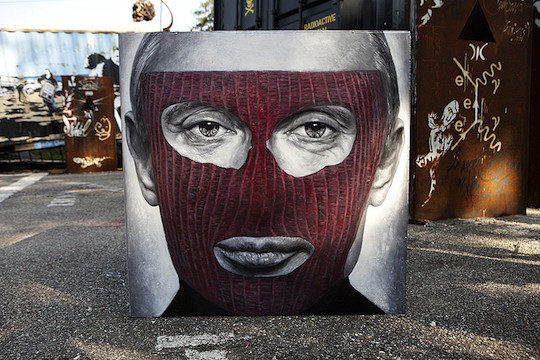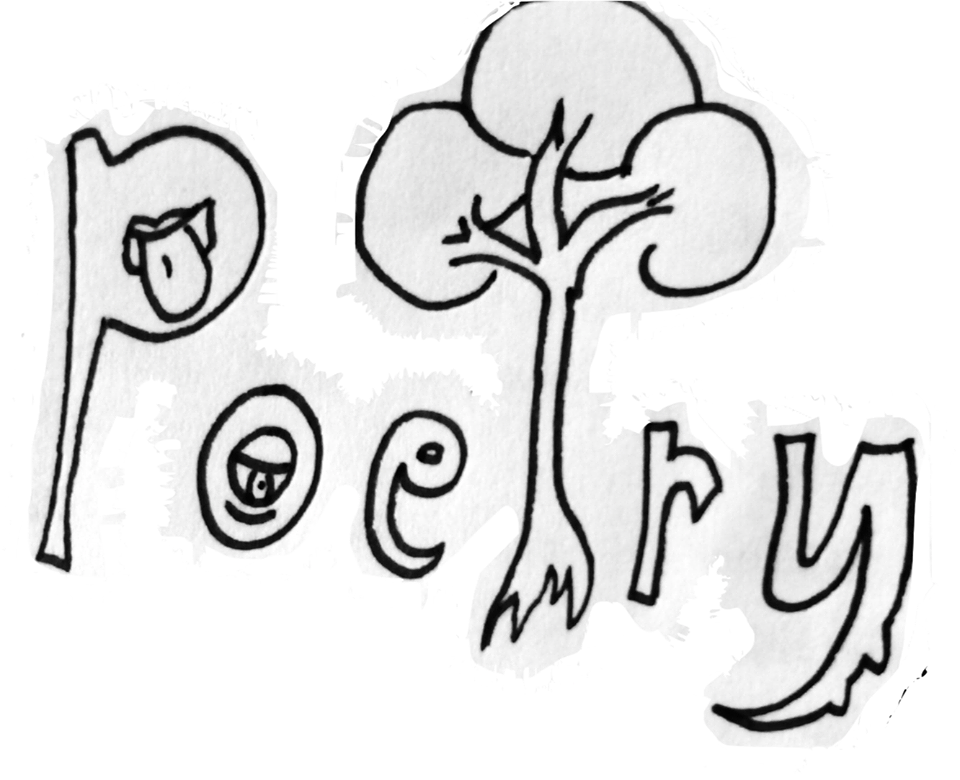This hell-bent play by what The New York Times has called “[t]he world’s most visible and lionized underground theater” keeps finding ways to pull the rug from under the feet of astonished audiences.
“It will not be his balls, but ours, behind the door,” a buffoonish technocrat rants to his doppelgänger, as the two leisurely defecate in their ministerial toilets, in unison. Moments later, the other one expounds on the evils of modern art: “Before Picasso, art was normal.” (As it turns out, he owns two of the deviant’s paintings.) When they finish shooting the shit, and shitting, they pull up their government-issued trousers to discover a lack of toilet paper. Following the pair’s exit, masked bandits inexplicably slip onto the stage to replenish the needed supplies in a sort of winking parenthetical—or, better still, a puckish middle finger.
These gag lines satirizing the absurdities and hypocrisies of dictatorships—specifically the Putin regime—are the sort of irreverent zingers that some of us relish: comedic relief with a reactionary backhand, using both shock and shtick to slice through inaction and fear. It’s a particular specialty of Burning Doors, performed by the UK-based Belarus Free Theatre, which celebrated its tenth anniversary last year despite being banned in its home country. Currently in the second staging of its UK tour at the Soho Theatre, one of London’s essential performing arts labs, the show is a wielding and warped montage of vignettes based on the testimonies of artists targeted by Putin. These include the Russian artist Petr Pavlensky, who nailed his own testicles, referenced above, to the cobblestones of Red Square; the Ukrainian filmmaker Oleg Sentsov, who is currently serving a twenty-year prison sentence in the Russian Far East; and the feminist punk rock group Pussy Riot’s Maria Alyokhina.


